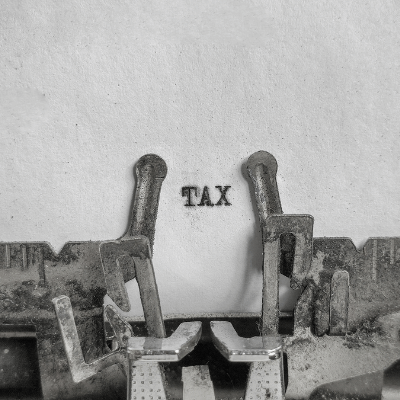Welcome to the Winter 2021 edition of ProActivity, well timed to provide you with an update on the announcements of the Autumn Budget, and resulting implications for businesses and individuals.
Relieving the pressure on businesses
Although the Autumn Budget has been criticised for having a ’lack of wow’ in its announcements for businesses, it’s also been seen by some analysts as a budget that aims to keep some of the still present pressures off those doing their best to recover from the pandemic.
We’ll take a look at some of the key measures, said, by the Chancellor, to focus and build on a ‘post-Covid era’, and some of the impacts and implications for businesses as well as the wider economy.
£7 billion worth of cuts to business rates
Although the business rates changes announced have been criticised for being adjustments, rather than the whole system reform many were looking for, there are significant wins for those businesses affected.
Headlining the announcements is the 50% discount for eligible retail, hospitality and leisure businesses to 2023, up to a cap of £110,000. This is an obvious, and much needed boost for many high street businesses, along with the freezing of the rates multiplier for 2022 and 2023, a new investment relief measure for those adopting green technology, and the 12-month improvement relief for businesses expanding and modifying properties.
The business recovery loan scheme is also to be extended for six months until 30 June 2022. Although the take up of the business recovery loan has been low so far, calling into question the accessibility and/or viability of the scheme as a genuine aid, businesses can apply for a loan of up to £2 million, 70% backed by the Government.
Encouragement for businesses to invest
The cuts to business rates and taxes are designed to encourage businesses to take the opportunity, during the relief and discount periods of the next few years, to invest. Whether this will happen to the extent hoped for by the Government is yet to be indicated.
Annual investment allowances at the current level of £1 million are to be extended beyond the planned deadline of 31 December this year, to 31 March 2023. The investment allowance has increased significantly from what it was two years ago at £200,000, highlighting further the Government support for businesses’ further investment.
A focus on travel costs and infrastructure
It will be a relief to many businesses that planned fuel duty rises are to be cancelled.
Increased investment is planned to ‘support London style transport’ across other regions of the country, with £21 billion for roads, and £46 billion for railways, for the purpose of improving journey times between cities. On air travel, there is to be a further six months of financial support for airports, and, from April 2023, a new, lower Air Passenger Duty rate for those travelling between airports in UK nations. All measures that will aid businesses in their travel operations, networking and collaboration.
Pub and bar owners helped to raise a glass
Changes in alcohol duty include simplified rates and lower tax rates for lower strength drinks, including sparkling wines attracting the same duty as their non sparkling equivalents. The price of a pint is to be cut by 3p, with pubs and bars also benefitting from a 5% cut in the duty on beer and cider sold on draught in containers of over 40 litres, as well as a ‘small brewers’ relief’.
It’s not difficult to see how these measures are designed to increase footfall in those local hospitality businesses still trading, while many had to close due to the effects of the pandemic.
Wages and taxation for individuals
Benefits for workers include an increase, from April 2022, in the national living wage, from £8.91 to £9.50 an hour. The Universal Credit taper rate will be cut by 8% before 2nd December and the Work Allowance will increase by £500 per year.
Businesses have expressed concern over rises in wages and how much they can bear the brunt. With inflation already high, prices of goods and services threaten to rise further to accommodate increases.
Capital gains tax property window extended
Due to unsuspecting homebuyers hit with fines for missing the capital gains tax property window, it has been increased from 30, to 60, days after completion, with immediate effect.
Summing up and a word of caution
There are a number of measures announced in this budget that will, without question, help many businesses. But it is acknowledged that we are not yet back to a pre-COVID economy, and there are many businesses that still face ongoing everyday difficulties in supply chains, staffing and a reduced retail economy.
While the budget aims to build on a more stable foundation for a post-COVID recovery, and the security of a predicted 6.5% growth by the Office for Budget Responsibility (OBR), the Chancellor himself points out the risk of rising inflation.
Cited as a global pressure, inflation is set to rise higher into 2022, and it will be sometime into 2022 that the post-COVID environment is predicted to be in sight. While the budgetary measures announced, aim to make way for ‘higher wages, higher skills and rising productivity’ it is still more important than ever that businesses plan ahead, watch the market and take professional advice where needed.










